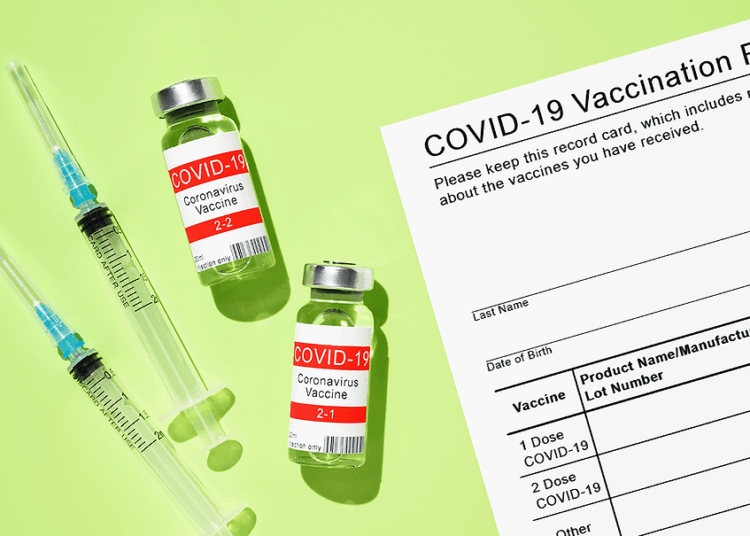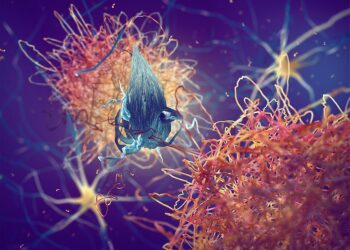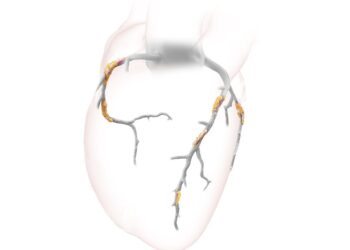### The ACIP Shake-up: A Lesson in Model Governance and Algorithmic Bias
As AI professionals, we spend our days designing, training, and deploying complex decision-making systems. We obsess over the quality of our training data, the fairness of our algorithms, and the transparency of our models. We have a name for the cardinal sin of data science: “Garbage In, Garbage Out.” That’s why the recent, albeit hypothetical, developments surrounding the CDC’s Advisory Committee for Immunization Practices (ACIP) offer such a chillingly perfect analog for the challenges we face in machine learning.
The scenario is stark: an HHS Secretary, known for his skepticism of established science, dismisses the entire 17-member expert panel. He replaces them with individuals whose views align with his own. Now, this newly constituted committee is meeting to set national COVID-19 vaccine policy. While this drama unfolds in the world of public health, it serves as a powerful, real-world illustration of a core concept in AI ethics: model poisoning and the catastrophic failure of governance.
#### The Expert System and its Objective Function
Think of the traditional ACIP as a sophisticated, human-in-the-loop expert system. Its members are the nodes in a neural network, each one a highly trained specialist in fields like immunology, epidemiology, and pediatrics. For decades, this “system” has been trained on a massive, high-quality dataset: the global corpus of peer-reviewed scientific literature, clinical trial data, and real-world evidence.
The objective function of this system was clear and explicit: to produce recommendations that minimize morbidity and mortality from vaccine-preventable diseases, based on the best available evidence. The process involved rigorous debate, statistical analysis, and consensus-building—all mechanisms designed to mitigate individual bias and prevent overfitting to any single, noisy data point. The system’s output, its recommendations, carried weight precisely because the process was transparent, evidence-based, and optimized for public health.
#### Catastrophic Overfitting to a Pre-Determined Bias
The replacement of the committee is not analogous to a simple model update or re-training with new data. It is a fundamental corruption of the model’s architecture and purpose. In machine learning terms, this is a form of **adversarial attack**, where the system’s core logic is deliberately compromised to produce a desired, rather than an evidence-based, outcome.
By selecting members based on a shared, pre-existing belief, the Secretary has effectively hard-coded a powerful bias into the system. The new committee is no longer an expert system designed to evaluate all evidence. Instead, it has been re-engineered into a confirmation engine. Its new, implicit objective function is not to weigh the evidence, but to find data that supports a pre-determined conclusion.
This is a textbook case of **catastrophic overfitting**. The model is now trained on a tiny, biased subset of information (the skeptical viewpoint) and will likely fail spectacularly when applied to the general population and the full spectrum of scientific data. Any output from this compromised system will be brittle, unreliable, and potentially dangerous. The “Garbage In” isn’t bad data; it’s a flawed decision-making framework. The “Garbage Out” will be policy that reflects ideology, not science.
#### The Unavoidable Crisis of Trust
This leads to the final, critical parallel with AI systems: the crisis of explainability and trust. We know that even a technically perfect AI model is useless if end-users don’t trust its outputs. If a system for loan applications or medical diagnoses is perceived as a “black box” or, worse, a biased one, it will be rejected by the public it’s meant to serve.
The new ACIP’s recommendations, regardless of their content, will be met with profound skepticism. The process—the “how” and “why” of the decision—has been rendered opaque and illegitimate. The public can no longer trust that the system is optimizing for their health. Instead, they will suspect it is optimizing for the political and ideological goals of its architect. The model, in essence, has lost its social license to operate.
This situation is a stark warning for the AI community. It demonstrates that the most sophisticated algorithm is worthless without robust governance. The integrity of our models depends entirely on the integrity of the process: the data we feed them, the objective functions we set, and the diverse, unbiased expertise we use to guide them. Whether the decision-makers are silicon chips or a panel of humans, the principle remains the same. Once trust in the process is broken, the output becomes meaningless.
This post is based on the original article at https://www.bioworld.com/articles/724527-decide-on-covid-19-shot-at-your-own-peril-acip.






















